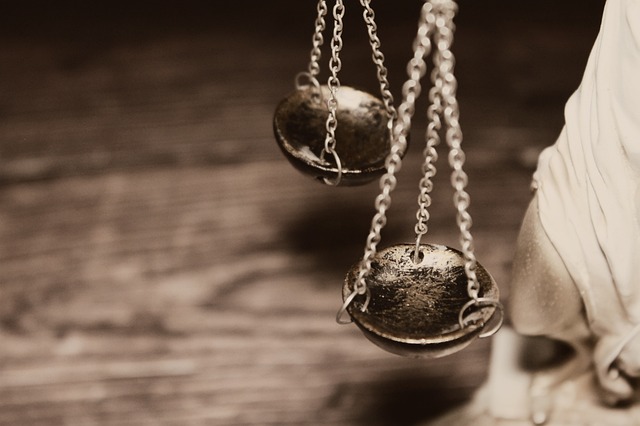Accident injury valuation is crucial in wrongful death cases, meticulously assessing economic and non-economic damages like medical costs, lost wages, pain & suffering, and loss of companionship. Specialized evaluators consider context (e.g., elder law cases) and factors like life expectancy, future earnings potential, and family care contributions. This process involves detailed analysis, expert testimony, and a multi-faceted approach by car accident lawyers to navigate complex fatal accidents, ensuring just compensation for victims' families.
Injury valuation plays a pivotal role in wrongful death claims, quantifying losses to provide just compensation. This article delves into the intricate process of assessing accident injury valuation within these complex cases. We explore key factors considered by experts, such as medical expenses, lost earnings, and pain and suffering. Furthermore, we discuss challenges commonly faced and best practices for accurate, fair, and defensible injury valuation, emphasizing the importance of comprehensive data and experienced professionals in securing just outcomes.
- The Role of Accident Injury Valuation in Wrongful Death Claims
- Factors Considered in Determining Injury Value
- Challenges and Best Practices in Injury Valuation for Wrongful Death Cases
The Role of Accident Injury Valuation in Wrongful Death Claims

In wrongful death claims, accident injury valuation plays a pivotal role in determining the compensation due to the victim’s family or dependents. This process involves meticulously assessing and quantifying the economic and non-economic damages incurred as a result of the fatal accident. Key aspects such as medical expenses, lost earnings, pain and suffering, and loss of companionship are meticulously evaluated to arrive at a just and fair settlement.
Accident injury valuation is not merely a mathematical exercise but also requires an understanding of the unique circumstances surrounding the death. In elder law cases, for instance, evaluating the care provided by family members who were dependent on the deceased can significantly impact the overall valuation. Similarly, in employment contracts or breach of contract scenarios where the victim’s life expectancy and future earnings potential are affected, specialized evaluators must consider these factors to ensure a comprehensive assessment that reflects the true extent of the loss suffered by the victims’ loved ones.
Factors Considered in Determining Injury Value

Challenges and Best Practices in Injury Valuation for Wrongful Death Cases

Injury valuation in wrongful death claims presents a unique set of challenges due to the complex nature of fatal accidents. Evaluating non-monetary losses, such as pain and suffering, loss of companionship, and emotional distress, is inherently subjective and can vary widely depending on the circumstances. Moreover, attributing responsibility for indirect damages like medical expenses incurred before the deceased’s passing or future economic losses sustained by dependents can be labyrinthine, especially in cases involving defective products or caregiver abuse.
To navigate these complexities effectively, best practices dictate a multi-faceted approach. Car accident lawyers should thoroughly investigate all aspects of the case, including gathering medical records, death certificates, and expert testimony to substantiate claims accurately. They must also consider the unique dynamics of each family affected by the wrongful death, ensuring that injury valuation reflects the profound emotional impact on surviving relatives. Additionally, staying updated with relevant legal precedents and industry standards for accident injury valuation is crucial in securing just compensation for victims’ families.
Accident injury valuation plays a pivotal role in wrongful death claims, ensuring that the surviving family receives fair compensation. By carefully considering factors such as economic losses, pain and suffering, and punitive damages, legal professionals can navigate the complexities of these cases effectively. Embracing best practices, including comprehensive evidence gathering and expert testimony, helps mitigate challenges and secures just outcomes for all parties involved.






